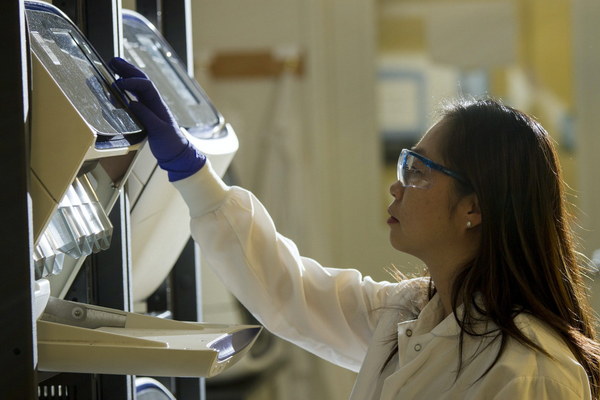PostCOVID Recovery Nurturing Your Lungs and Soothing Coughs
The COVID-19 pandemic has left many of us grappling with the aftermath of the virus, and for some, that includes lingering respiratory issues like coughs. As you embark on your journey to recover from COVID-19, it's crucial to focus on nurturing your lungs and addressing any persistent coughs. Here are some effective strategies to help you on your path to recovery.
1. Stay Hydrated
Hydration is key to maintaining healthy respiratory function. Drinking plenty of fluids helps to thin mucus, making it easier to cough up and clear the airways. Aim for at least 8 to 10 glasses of water a day, and consider incorporating warm teas, broths, and soups into your diet to add additional moisture.
2. Practice Breathing Exercises
Breathing exercises can help strengthen the respiratory muscles, improve lung capacity, and reduce coughing. Techniques such as diaphragmatic breathing, pursed-lip breathing, and gentle chest expansion exercises can be particularly beneficial. Consult a healthcare professional or a respiratory therapist for guidance on proper breathing exercises and techniques.
3. Steam Therapy
Steam therapy can help soothe the airways and alleviate coughing. Fill a basin with hot water and lean over it, covering your head with a towel to trap the steam. Inhale the steam deeply for several minutes, ensuring that you're not inhaling too much hot air, which can irritate your lungs.
4. Use Humidifiers
Dry air can exacerbate coughing and respiratory issues. Using a humidifier in your bedroom or living areas can add moisture to the air, making it easier to breathe and reducing coughing. Aim for a humidity level between 40% and 60% to avoid over-humidification.
5. Avoid Irritants
Common irritants such as smoke, dust, and chemical fumes can trigger coughing and respiratory discomfort. Minimize your exposure to these irritants by avoiding smoking, ensuring proper ventilation in your home, and using air purifiers if necessary.
6. Consider Over-the-Counter Remedies
Over-the-counter (OTC) medications can help manage cough symptoms. Cough suppressants, expectorants, and decongestants are available in various forms, including liquids, tablets, and lozenges. Consult with a healthcare professional to determine the most appropriate medication for your specific needs.
7. Seek Professional Guidance
If your cough persists or worsens despite your efforts to manage it at home, it's essential to seek professional guidance. A healthcare provider can assess your condition, provide personalized advice, and recommend further treatment if necessary. They may also suggest pulmonary function tests or other diagnostic procedures to determine the underlying cause of your cough.

8. Adopt a Healthy Lifestyle
A healthy lifestyle can support your overall respiratory health and aid in your recovery from COVID-19. Incorporate regular physical activity, maintain a balanced diet rich in fruits, vegetables, and whole grains, and avoid excessive alcohol and tobacco use. These lifestyle choices can strengthen your immune system, improve lung function, and reduce the risk of future respiratory infections.
In conclusion, post-COVID recovery involves taking a comprehensive approach to nurturing your lungs and managing any persistent coughs. By staying hydrated, practicing breathing exercises, using humidifiers, avoiding irritants, and seeking professional guidance when needed, you can improve your respiratory health and accelerate your recovery. Remember, patience and persistence are key to overcoming the challenges of post-COVID recovery.









